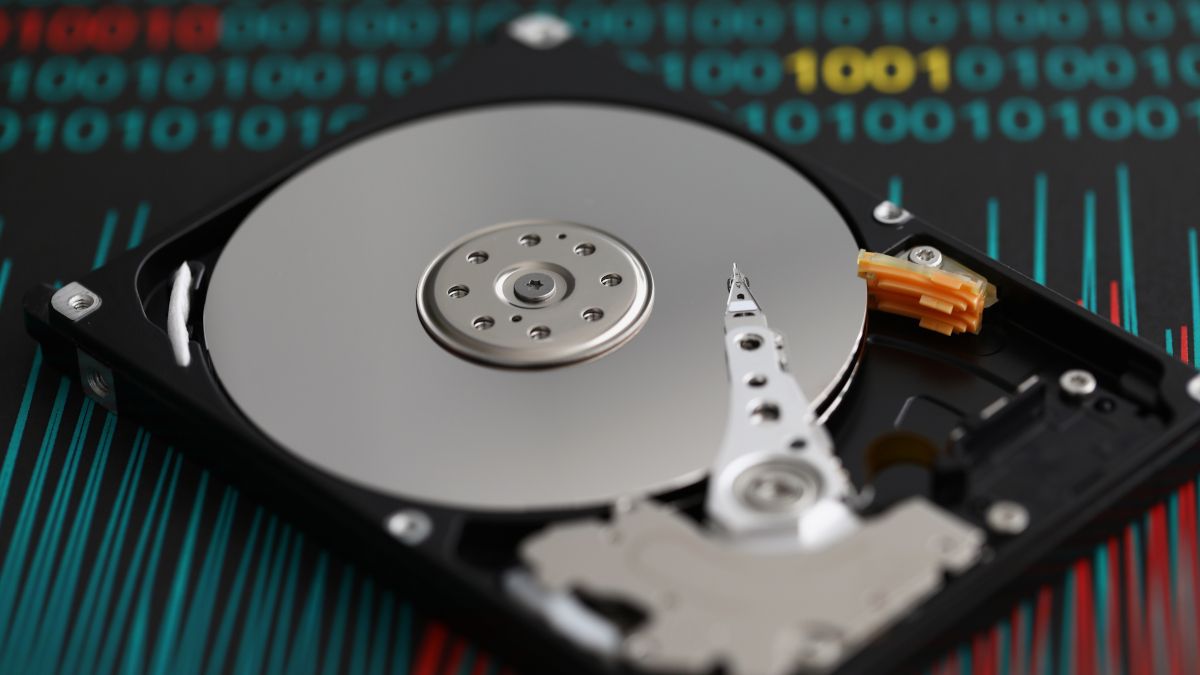Patrick, that drive should be just fine for a "secondary backup" as you said you planned. It won't be fast, but as a secondary backup, blinding speed is not needed. Frankly, I think this whole SMR/CMR controversy is a bit overblown. A bunch of guys who used SMR drives in a huge RAID arrray had problems when trying to add one of these drives into the array on the fly. The write speeds were so slow that the resilvering process (as it's called) ultimately failed. Then WD didn't exactly cover itself in glory by not letting buyers know that it had shifted the technology, which is what the lawsuit was about. The suit claimed the drives were less reliable and more slow, WD denied the technology was in any way defective, but settled. From the site Randy linked:
Western Digital denies SMR is inferior technology and denies all accusations of wrongdoing; however, it has agreed to the settlement.
Companies settle lawsuits for many reasons, one of which is that shysters often dupe clients with these kinds of cases, then bank their "share" of the winnings before a penny goes to the client. By settling, WD saves on its own lawyers, gets past the issue and all the end user gets is, from the settlement, $4 to $7 per drive. From the same link:
It is expected that those who purchased WD Red NAS drives with 2TB capacity (WD20EFAX) or 3TB capacity (WD30EFAX) will receive at least $4 for each drive, while those who purchased WD Red NAS drives with 4 TB capacity (WD40EFAX) or 6TB capacity (WD60EFAX) will receive at least $7 for each.
And you said, Patrick:
I didn't realize either that SMR type drives were still being built and sold and it was actually sold from the Amazon's Seagate storefront.
But SMR is the newer technology, an attempt to increase data density on the RDHD. I suspect more and more SMR drives will come out, with CMR drives becoming the very expensive drives for RAID arrays and maybe for NAS applications.
Here is a balanced article written this year about the drives:
There's a performance penalty with some drives that you need to be aware of.

www.howtogeek.com
In it, the author says this, specifically, about backups:
Whether SMR is bad or not is a subjective call. If you want massive amounts of storage for less money and you don’t mind the performance penalties involved, an SMR drive might be an OK choice for you. Typically, a 16TB SMR drive costs less than a 16 TB CMR drive, for example. If you use a drive for occasional single-disk backups, an SMR drive might be fine.
So, Patrick, use it as you planned.








